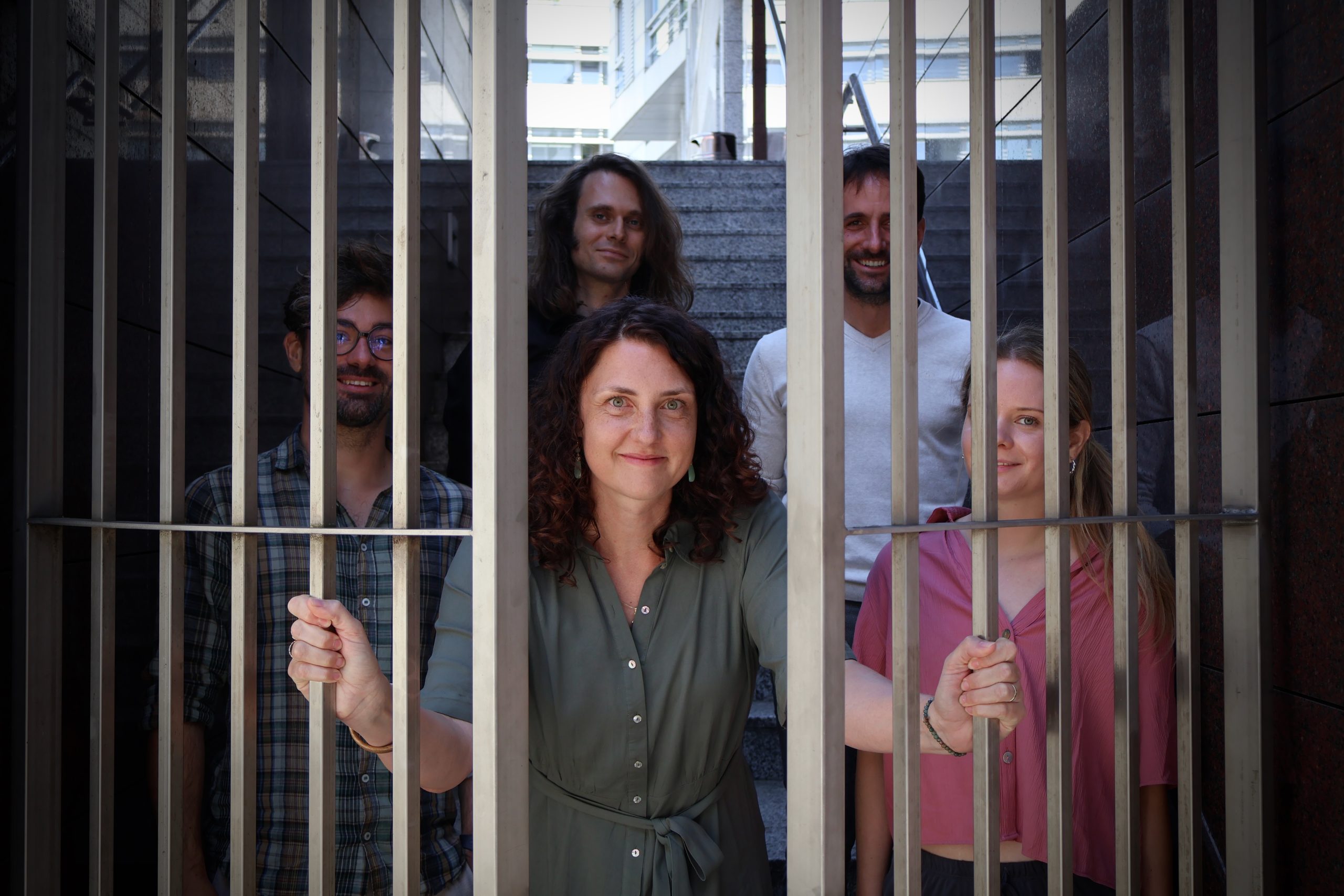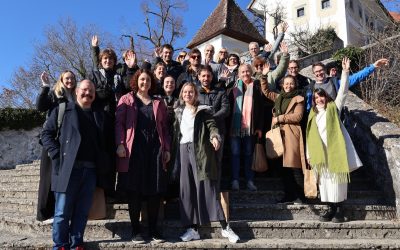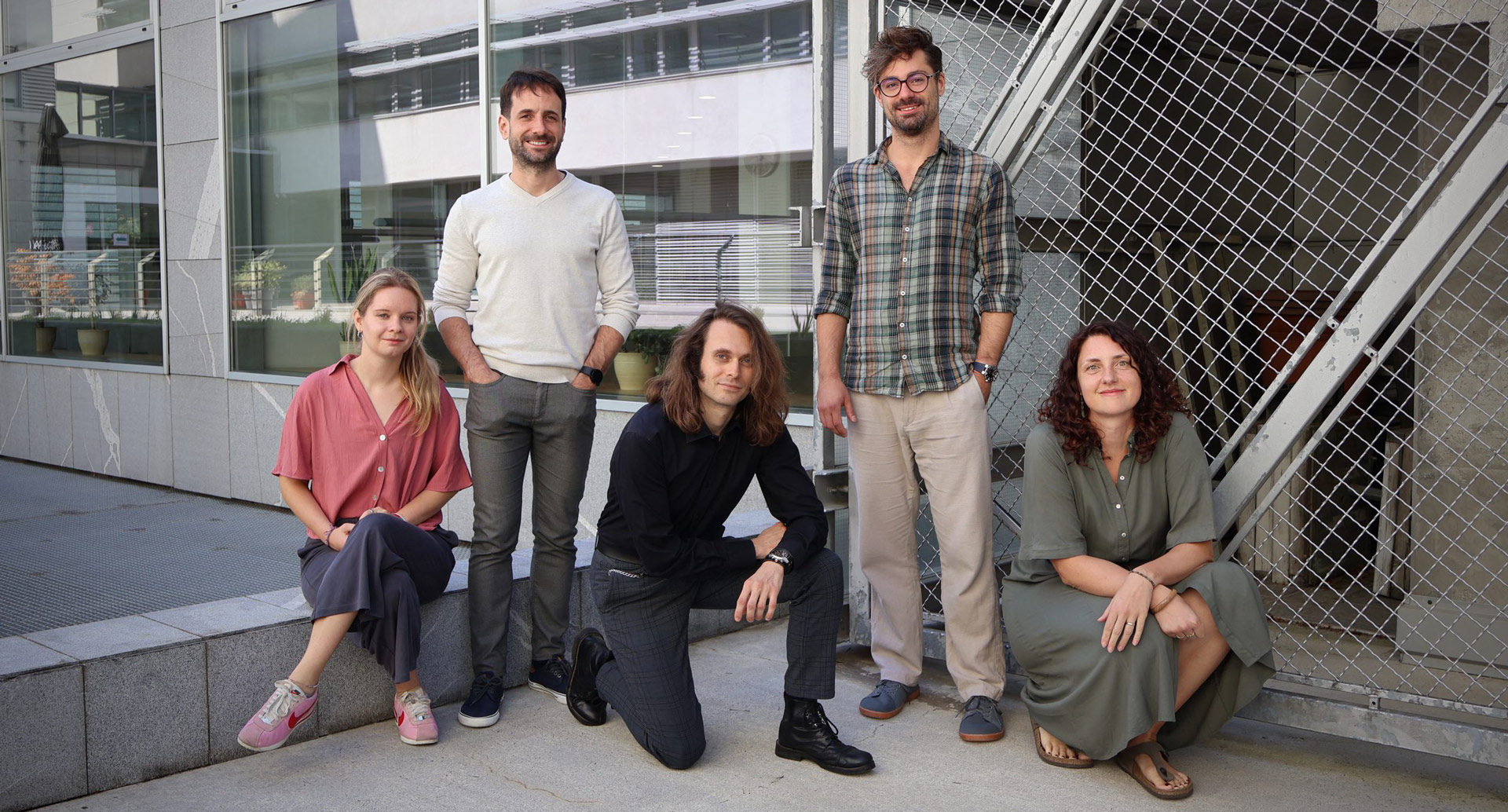
SENTRIX
The act of sentencing is the most visible and the most important decision-making moment in the criminal justice process. It is an intersection between the power of the state and the freedom of the individual. It is influenced by a complex set of decision-making dynamics that we have not yet been able to fully explain and understand.
Sentencing Forum, a new meeting point that strengthens connections across the sentencing research community
What is the Sentencing Forum? The Sentencing Forum is a new online meeting space designed to complement the existing academic structures in the sentencing field. We have conferences, workshops, working groups, and project-based collaborations, but we rarely have...
The Sentrix workshop on sentencing architecture successfully concluded
The three-day Sentrix Workshop on Sentencing Architecture, held from 12 to 14 November, concluded today in Bled, Slovenia, bringing together scholars and researchers to rethink how sentencing is understood. Set against the calm backdrop of Lake Bled, the workshop...
Legal decision-making architecture
The article, written by Assoc. Prof. Dr. Mojca M. Plesničar, discusses the architecture of choice as a concept that is increasingly important in legal decision-making. Although behavioral economics research has long been based primarily on the decision-making of...
Research Design

1st PHASE
Foundational Research

2nd PHASE
Development of Sentencing Typology

3rd PHASE

4th PHASE
Advanced Simulation
Events
+386 1 4203 242
inst.crim@pf.uni-lj.si
Inštitut za kriminologijo
Poljanski nasip 2
1000 Ljubljana
Funded by the European Union. Views and opinions expressed are, however, those of the author(s) only and do not necessarily reflect those of the European Union or European Research Council. Neither the European Union nor the granting authority can be held responsible for them.













